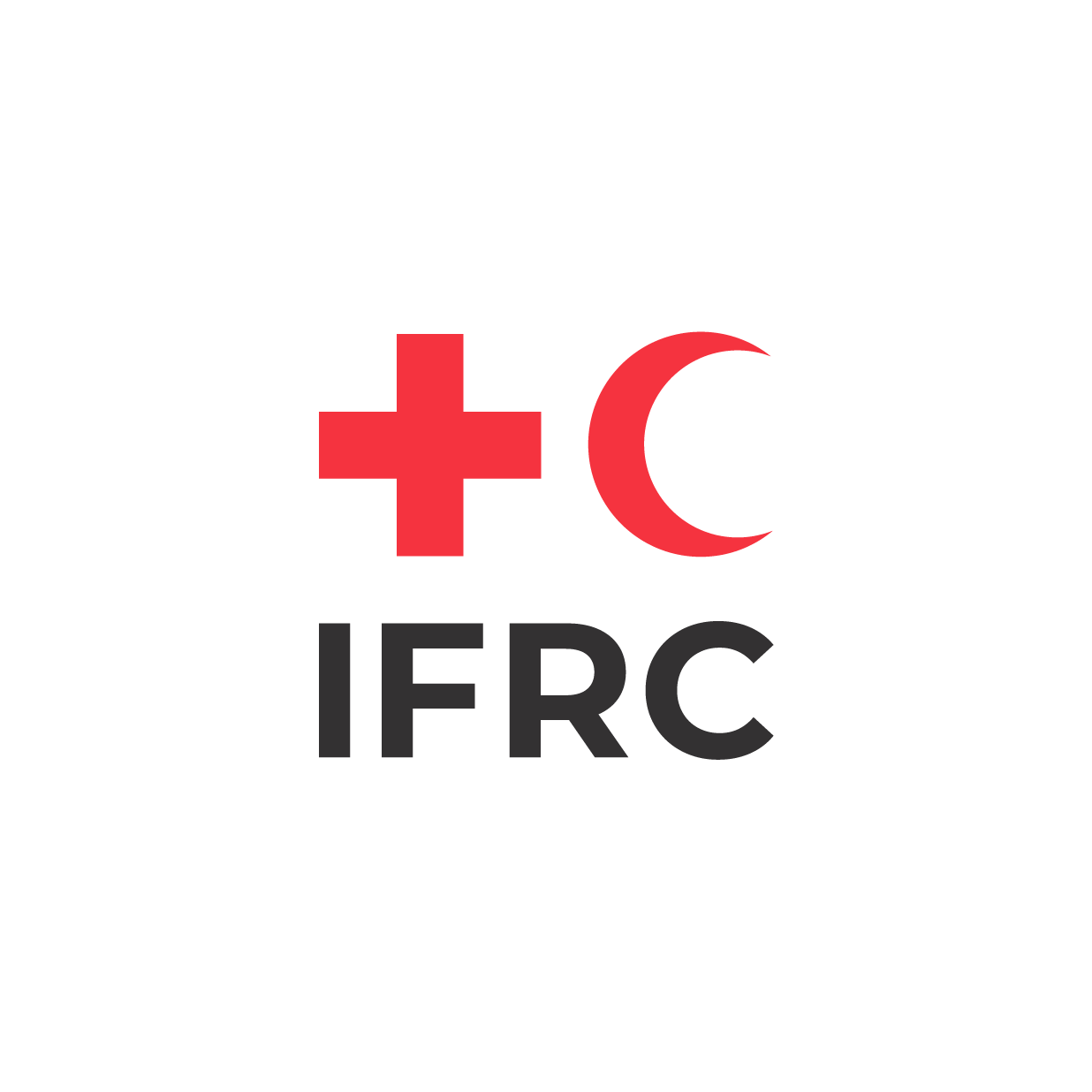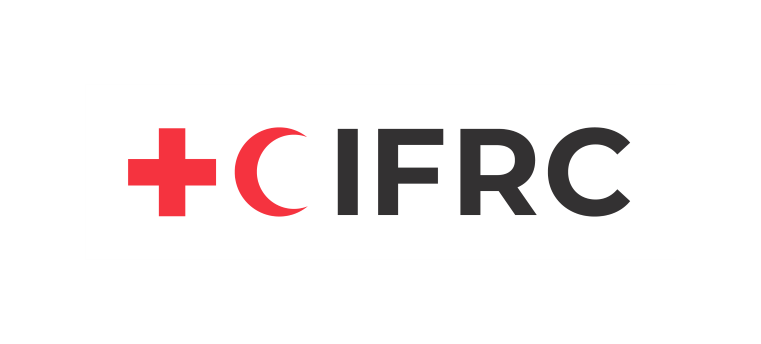Stage 4
Reference Sheet HH
Adaptive management
Adaptive management, adaptive co‑management (Stockholm Resilience Centre. 2015. Applying resilience thinking: Seven principles for building resilience in social‑ecological systems, Principle 5: Encourage learning) and adaptive governance are techniques for promoting positive change. Communities and National Societies can master them. They have become key tools for resilience programming. Each relies heavily on changing behaviour by iterative learning (repeated learning, reinforced by each repetition).
Adaptive co‑management emphasizes knowledge sharing by different actors, including communities and policymakers. Adaptive governance focuses on boosting learning by sharing knowledge across levels in order to connect communities to relevant external institutions. Shared learning between actors and across levels is important for the development of new social norms and cooperation. The extent to which participation stimulates learning among different groups in society is increasingly recognized. Highly collaborative processes highlight different values about systems that are key to finding sustainable solutions. (Ibid.)
Adaptive management is based on learning by doing (Ibrahim M. and Midgley T. 2013. Participatory learning approaches for resilience: Bringing conflict sensitivity,disaster risk reduction, and climate change adaptation together. World Vision UK.) It allows the community to experiment whenever possible. Experimental actions chosen by the community can be based on the data they have collected. Their efforts can and should be adjusted during a planned action, based on learning that arises from monitoring. Since rigid project designs do not lend themselves to changes in management, the adoption of adaptive management approaches will require donors and project managers alike to change their behavior and expectations. As this guidance has stressed from the beginning, the most appropriate way to promote resilience is to confirm or devolve responsibility to community structures, and help them to operate more organically as they work towards their desired goals. Just as communities live in dynamic environments, so their internal management must regularly adapt too. Any work you organize with a community should set an example, create greater community ownership and build long‑term capacity.

The International Federation of Red Cross and Red Crescent Societies is the world's largest humanitarian network and is guided by seven Fundamental Principles: Humanity, Impartiality, Neutrality, Independence, Voluntary Service, Universality and Unity.
Follow IFRC
© The Global Disaster Preparedness Center 2024
